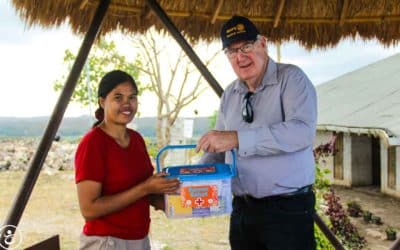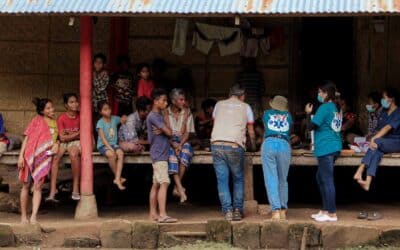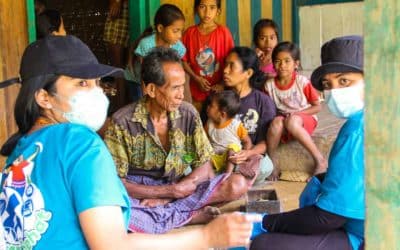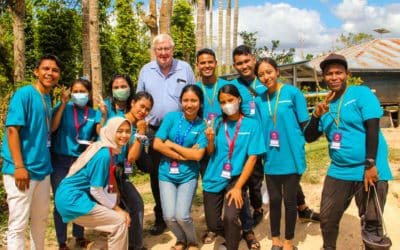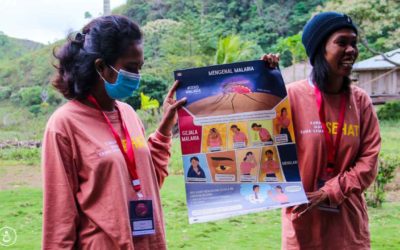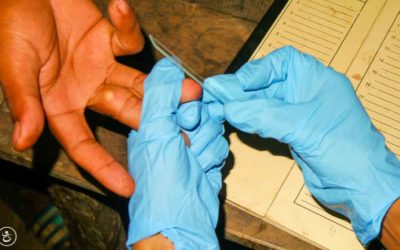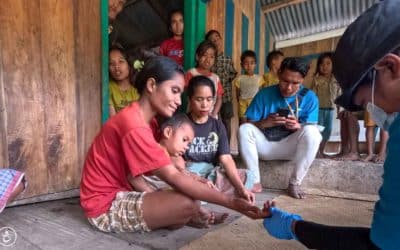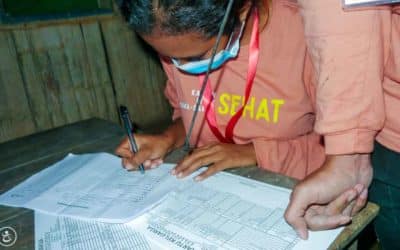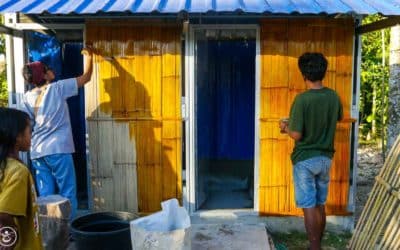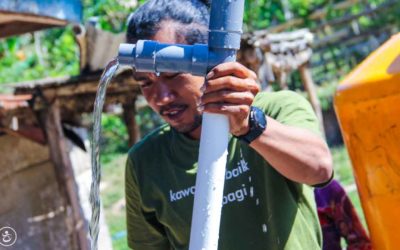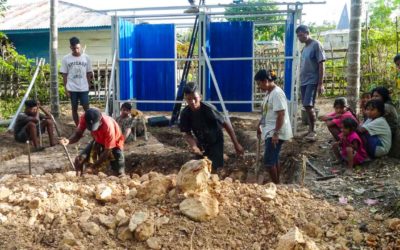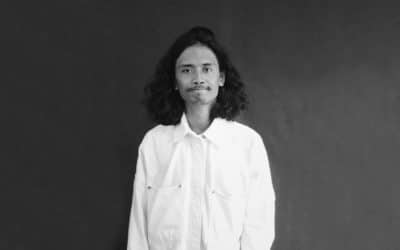Through the Primary Medical Care program, Kawan Sehat health workers provide treatment for fevers, wounds, and malaria in villages lacking access to doctors. They carry essential medicines, adhere to established medical protocols, and refer emergency cases promptly to prevent delays in care.
Donate
Support Care
Programs
All projects
Quick News
Field updates
Stories
Field stories
Endemic Malaria: A Multifaceted Challenge for Vulnerable Demographics
The #ZeroMalaria Sumba program by Fair Future is making significant strides in the battle against malaria in eastern Indonesia. Through its meticulous screening, precise treatment, and strategic approach, this initiative aims to save lives and ultimately eradicate the debilitating disease that has long plagued the region. Join the movement and be a part of this transformative campaign for a malaria-free future.
Combating Malaria: Empowering Communities for a Malaria-Free Future
Take a stand against malaria in Eastern Indonesia! Our groundbreaking #ZeroMalaria Sumba program empowers communities with the knowledge and resources to challenge this deadly threat. Through education, targeted interventions, and grassroots initiatives, we are leading the way to a malaria-free world. the future. Explore our inspiring efforts and discover your role in creating a malaria-free world. At the heart of the program is education and community empowerment, with a laser focus on amplifying awareness of the catastrophic risks of malaria.
Transforming Lives in East Sumba: Rotary Australia’s Vital Partnership
The partnership between Rotary Australia and Fair Future aims to make a positive impact on vulnerable communities in East Sumba. Through a joint effort, we are dedicated to providing clean water access and disease control, which will help bring hope and a brighter future to these communities. Our collaboration highlights the importance of friendship and teamwork in achieving these life-changing initiatives. Explore the transformative results of our revolutionary programs and witness the strength of our commitment to making a difference.
Chapter 1: #ZeroMalaria – Integrated Malaria Prevention in 100 original images
Chapter 2: #ZeroMalaria – Precise Screening and Treatment in 100 original images
Chapter 3: #ZeroMalaria – Education and Empowerment of Communities in 100 original images
Integrated Malaria Prevention Crusade for a Malaria-Free East Sumba
In the heart of East Sumba, Indonesia, the Fair Future Foundation is actively engaged in the battle against endemic malaria through its #ZeroMalariaSumbaTimur program, initiated in 2023. Learn how our multifaceted approach, including Interior Residue Spraying (IRS), is making a significant impact in reducing malaria transmission. Join us in our fight against this deadly disease and help build a malaria-free future for East Sumba.
A bold step towards sanitation and clean water for Laindatang
Laindatang in East Sumba, no clean water and no sanitation facilities. Fair Future changes this reality and brings about a remarkable transformation. A monumental journey that promises to revolutionize the future of this ultra-rural community. They don’t just build buildings, they create hope and opportunity. Their unwavering commitment is to strengthening the health and well-being of families who have faced isolation and hardship for too long.
Construction of the first sanitary facilities in the village
Bringing Sanitation to an Underserved Village in East Sumba
The image illustrates our ongoing project: the excavation of a septic tank. This is the very first step towards the installation of the first-ever sanitation infrastructure in the village's history. Our goal is to reinforce the health and well-being of the families in this community. In closely associating ourselves with the villagers, a core principle in our approach, we work hand in hand to provide them vital access to water and sanitation facilities, despite their isolation in the eastern part of Sumba.
For several months now, our organizations – Fair Future and Kawan Baik – have favored constructing lightweight steel facilities. This decision is based on hygiene, maintenance, and construction efficiency grounds. The entire structure (in this case, two toilet – shower stalls) is constructed at the Fair Future Foundation’s base camp in Waingapu, called Rumah Kambera. We then transport the dismantled structure to the site of installation. It takes about a week for our team to operationalize an installation like this, followed by one to two weeks dedicated to finishing and aesthetic touch-ups.
In this underprivileged environment, families lack access to basic services, needs such as access to water or electricity are non-existent. During the dry season, when rainwater tanks are almost empty, they must travel miles to collect just a few litres of often unsuitable water. See the related #waterconnections posts here.
In the village of Laindatang, inhabitants have never had the privilege of a working shower or toilet. The enthusiasm and joy are palpable as they witness the construction of these new facilities, bringing them a simple feeling of happiness.
This installation will also contribute to reducing infectious diseases caused by the absence of adequate sanitation facilities in the village. This will likely lead to an increase in the quality of life for the villagers, a reduction in the time spent gathering water, and promote overall community health and well-being. This initiative is more than just building sanitation facilities. It symbolizes the start of a new chapter for Laindatang, signifying change and development towards a healthier community.
Thus, the work of Fair Future and Kawan Baik extends beyond physical construction, promoting progress, health, and hope for the future.




